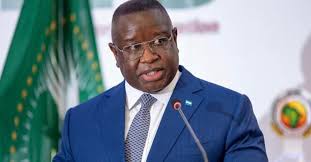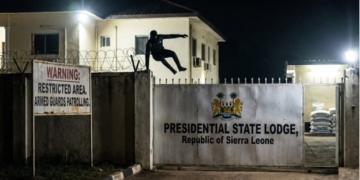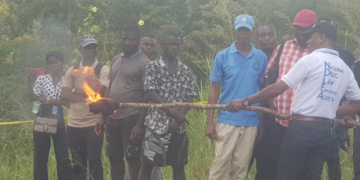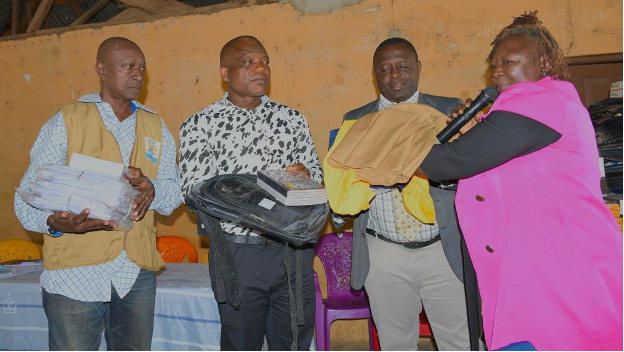Is Donald Trump truly an embarrassment to US democracy?
By Eddie Momoh
Where it happening in some faraway developing country, the US government would have taken the lead among western countries to condemn the embarrassment the Americans faced last week with the appearance in a Washington court of former president Donald Trump. Trump, the only US president in modern history who doesn’t attend church, is being charged for conspiring to overturn the results of the 2020 election, subverting US democracy and acting like a tin god. He allegedly hired a mob of thugs into Washington to disrupt the Senate confirmation of President Joe Biden. In some other country in the third world this is a treasonable offence that would normally carry a death sentence if found guilty or long term imprisonment. So what exactly are we to make of this political charade in a country that teaches the rest of us about democracy and the rule of law?
The former president says the charges against him are politically motivated and pleaded not guilty, accusing his successor President Biden of corruption and spreading false claims. He is also facing criminal charges of illegally stockpiling classified documents after he left the White House and paying hush money to one of his several porn stars (Rarray gals). The former president says he wants his case to be moved away from Washington claiming he was unlikely to have a fair trial because not only that the judge sitting on the case was appointed by Barack Obama but feared the mounting opposition he faced in the US capital. Six of Donald Trump’s companies face bankruptcy and eleven of his closest friends or advisers including Michael Flinn, Steve Bannan and Michael Cohen have been convicted or facing criminal charges.
Amazingly, on the day the former US president appeared in court last Thursday, his poll rating shot up five points more in the opinion polls; he is already the frontrunner for the Republican nomination for elections next year. So, having been publicly embarrassed, charged and arraigned to court, Trump is now likely to challenge for the US presidency and possibly become America’s next president after Joe Biden. This latest American political soap opera involving a former US president, was taking place at the heart of America’s democracy, Washington the same time its foreign secretary Antony Blinking was making public statements condemning the coup in Niger and calling for the restoration of the democratic elected government. Is this truly democracy American way or is Donald Trump truly an embarrassment for US democracy. This leads one to wonder what African leaders or the rulers in South East Asia, Russia and Iran will make of the trial of the former president of the United States, a man who has repeatedly refused to endorse the election of Joe Biden, reportedly calling it a sham. So what exactly can international elections observers do about what is going on in their own back yard if anything at all? Absolutely nothing! So what moral right has the likes of Cater Foundation to tell us how we conduct our elections? For a long time in the recent past, the call has been growing louder for what really is democracy and should developing countries define their own form of democracy in line with their social, political and economic circumstances?
In a previous article I pointed to how Professor Nicholas Howard, a lecturer at a university in Amsterdam told his students that democracy and the rule of law in sub-Saharan Africa “is all bullshit”. He said it was a cover by western countries to gain access to Africa’s vast natural resources. “It is straight forward and simple as that”, said Professor Howard to a shocked audience of students. In authoritarian regimes, elections or referenda have tended to reduce the autonomy of the state and weaken economic reform efforts, e.g Zambia in the mid-1980s and Nigeria under Babangida in the late 1980s. In the latter country, a planned transition back to democracy weakened the restructuring impetus. In addition, there have so far been limited systematic assessment policies in sub-Saharan countries under different types of political regimes.























